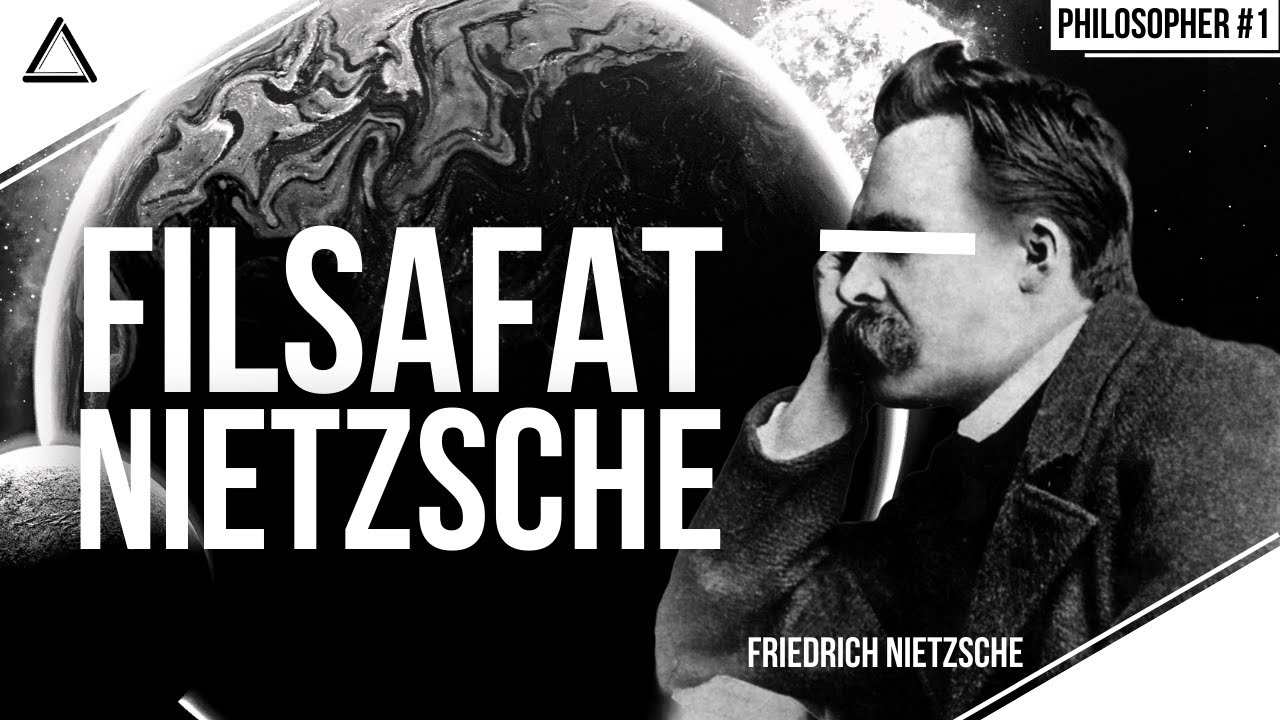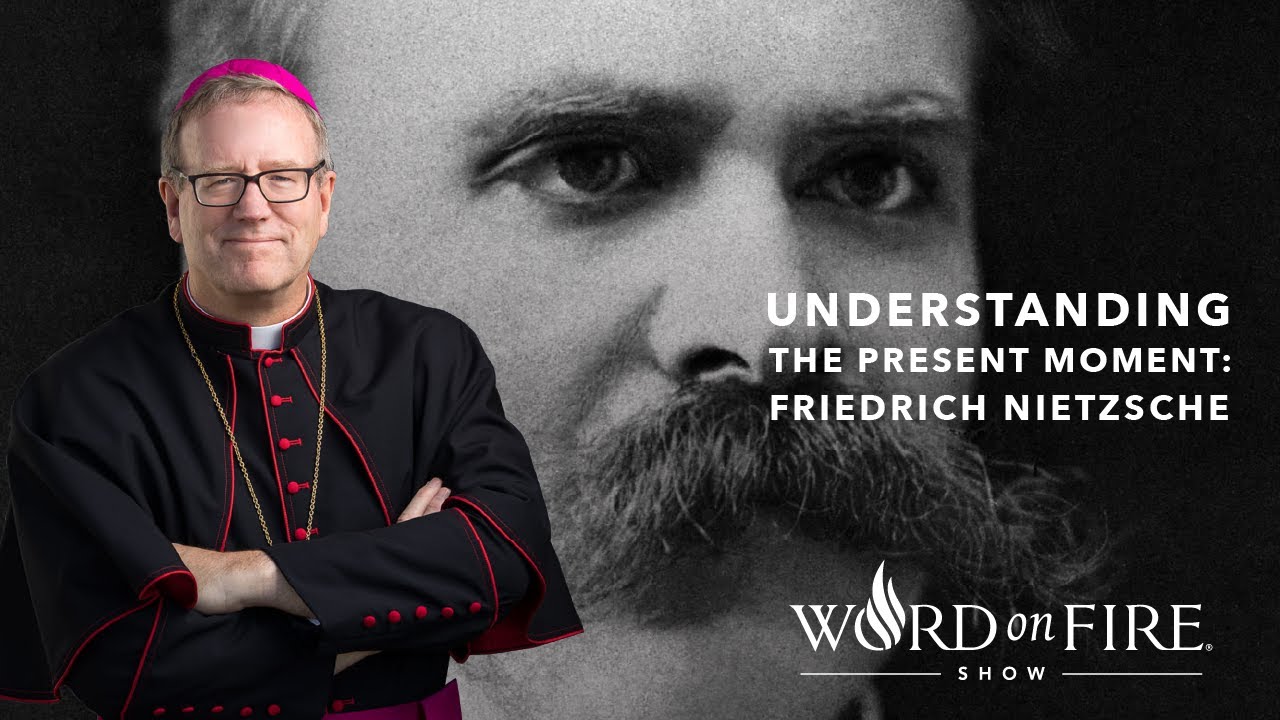O mundo é regido pelos fracos AULA NIETZSCHE FORÇA ATIVA E REATIVA Clóvis de Barros Filho
Summary
TLDRThis video explores Nietzsche's philosophy, focusing on the concepts of nihilism, active and reactive forces, and the quest for transcendence. It critiques the idea that the world is governed by weakness, arguing instead that true power lies in embracing life and one's instincts. Nietzsche contrasts reactivity with creativity, illustrating how moral frameworks often emerge from the weaker elements of society. The discussion emphasizes the importance of the 'will to power' as a driving force behind human desires, challenging viewers to reconsider their beliefs about morality, creativity, and existence.
Takeaways
- 😀 Nietzsche's philosophy posits that the world is governed by the weak, which challenges traditional views on power and morality.
- 🤔 Nihilism is described as the failure of universal values and shared beliefs, leading to a search for individual pleasure without higher principles.
- ⚖️ Nietzsche contrasts two forms of belief: the religious perspective that seeks transcendence and the communist ideology that creates a societal ideal, both representing a denial of the real world.
- 🌍 Humanity's desire for transcendence is linked to the suffering experienced in the material world, with the notion of God serving as a universal comforter.
- 💔 The text discusses the existential struggle between the acceptance of finitude and the hope for eternal life, highlighting the human tendency to escape reality.
- 🔄 Nietzsche distinguishes between active and reactive forces, suggesting that creativity arises from active forces driven by instinct, while reactive forces merely respond to these actions.
- 🎨 Art is presented as the realm where active forces prevail, in contrast to science, which often adheres to reactive principles and methodologies.
- 📉 The transcript argues that democracy and scientific objectivity reflect the triumph of reactive forces over active ones, diluting individual strength.
- 💡 The 'will to power' is a central concept, representing an insatiable drive for growth and achievement, contrasted with socially imposed limitations.
- 🔍 The dialogue raises questions about the nature of morality, suggesting that it often emerges from the perspectives of the weak to regulate the strong.
Q & A
What is Nietzsche's perspective on nihilism?
-Nietzsche perceives nihilism not as the collapse of universal values but rather as a rejection of the world of life in favor of a transcendent ideal. He argues that those who embrace nihilism turn away from life's desires and impulses.
How does Nietzsche define active and reactive forces?
-Nietzsche categorizes forces into active and reactive types. Active forces are driven by the individual's impulses and desires, while reactive forces exist only in response to active forces, often aiming to counteract or suppress them.
What examples does Nietzsche provide to illustrate different forms of nihilism?
-Nietzsche contrasts two types of nihilists: the Christian who denies the world of life for a heavenly afterlife and the communist who rejects the current world in pursuit of a classless society, both ultimately turning away from reality.
What does Nietzsche suggest about the human inclination towards transcendence?
-Nietzsche argues that humans seek transcendence as a means to escape the struggles and pains of the earthly life, believing that a divine or ideal existence will rectify their suffering.
How does Nietzsche relate power dynamics to morality?
-Nietzsche posits that morality arises from reactive forces and is often a construct of the weak to impose limitations on the strong. He argues that those in power do not create rules but instead act based on their vitality and desires.
What critique does Nietzsche offer regarding democracy?
-Nietzsche views democracy as a victory of the weak over the strong, suggesting that it promotes equality in a way that undermines the vitality and uniqueness of individuals.
How does Nietzsche differentiate between 'potestas' and 'will to power'?
-Nietzsche contrasts 'potestas,' or the power granted by social structures, with 'will to power,' which he sees as an inherent drive for self-actualization and vitality independent of societal constraints.
What does Nietzsche imply about the role of science in society?
-Nietzsche argues that the scientific method, while valuable, reduces individual creativity and passion by emphasizing objectivity and universal applicability, thereby stifling the unique expression of the individual.
How does Nietzsche view the artist's role in society?
-Nietzsche sees the artist as a vital force who creates from their unique impulses and desires, embodying active energy rather than adhering to rigid techniques or societal expectations.
What existential struggle does Nietzsche identify in human experience?
-Nietzsche highlights the conflict between one's inherent vitality and desires versus the constraints imposed by societal norms and expectations, describing this as a central drama of existence.
Outlines

Этот раздел доступен только подписчикам платных тарифов. Пожалуйста, перейдите на платный тариф для доступа.
Перейти на платный тарифMindmap

Этот раздел доступен только подписчикам платных тарифов. Пожалуйста, перейдите на платный тариф для доступа.
Перейти на платный тарифKeywords

Этот раздел доступен только подписчикам платных тарифов. Пожалуйста, перейдите на платный тариф для доступа.
Перейти на платный тарифHighlights

Этот раздел доступен только подписчикам платных тарифов. Пожалуйста, перейдите на платный тариф для доступа.
Перейти на платный тарифTranscripts

Этот раздел доступен только подписчикам платных тарифов. Пожалуйста, перейдите на платный тариф для доступа.
Перейти на платный тарифПосмотреть больше похожих видео

Nihilisme Membunuh Nilai Tradisional | Filosofi Friedrich Nietzsche | Philosopher #1

Understanding the Present Moment #2 (Friedrich Nietzsche)

Nietzsche Explained - Thus Spoke Zarathustra Summary - How To Read Nietzsche

Existentialism: Crash Course Philosophy #16

The Embodied Spirit: Transcendence

Becoming Who You Really Are - The Philosophy of Friedrich Nietzsche
5.0 / 5 (0 votes)
